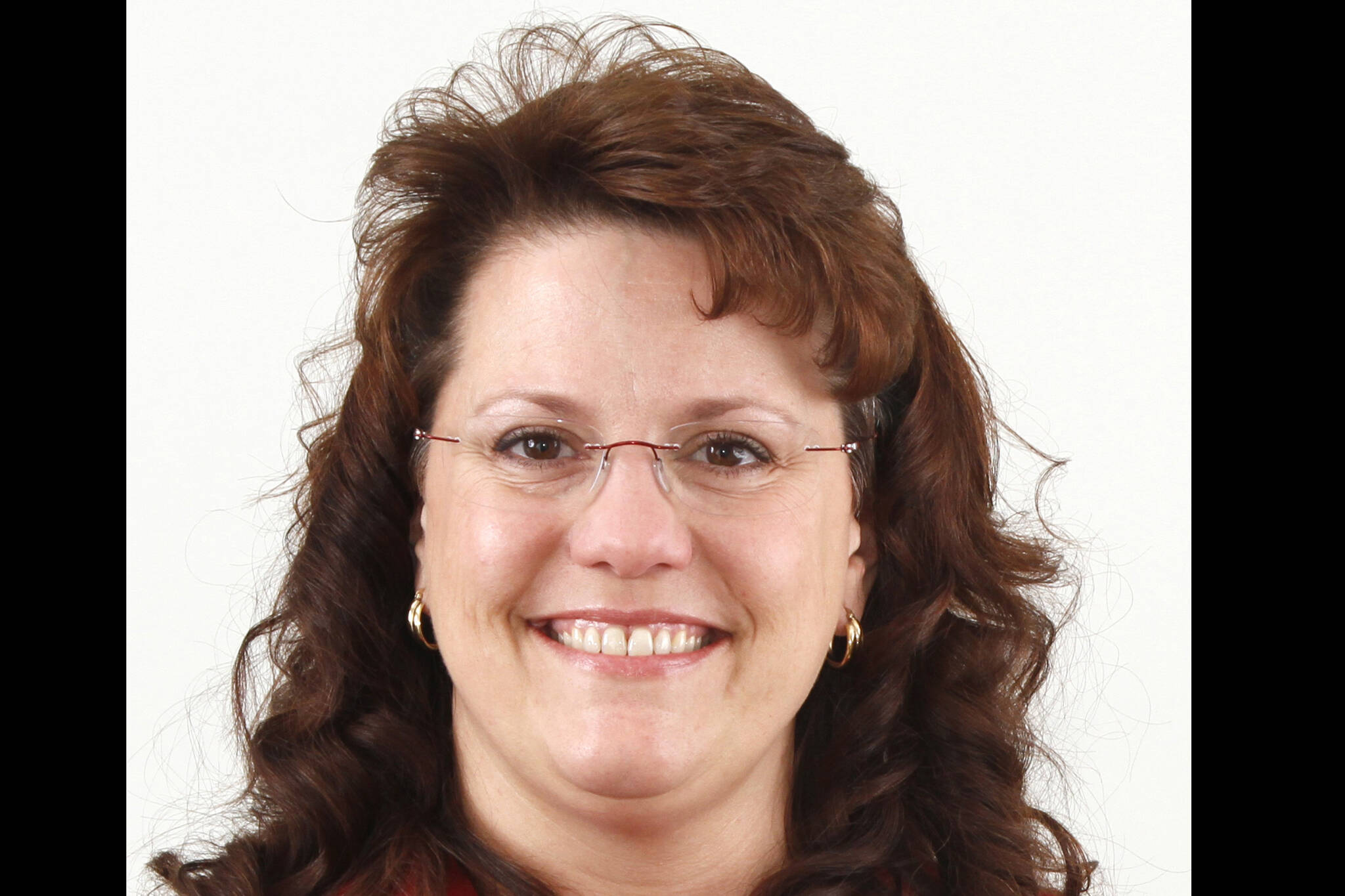By Corri Feige
Last August, President Joe Biden signed an executive order setting a goal for half of the new vehicles sold in the United States to be electric by 2030.
Four months later, on Dec. 21, Biden released a plan calling for the government to build a half-million charging stations across the country to power those vehicles.
Two months after that, the Biden administration asked a federal judge to press the self-destruct button on those plans and aspirations.
On Feb. 22, the Department of the Interior asked a federal judge to let the agency reopen the Environmental Impact Statement tied to the Record of Decision, or ROD, issued in July 2020 for the 211-mile industrial road that would link the Dalton Highway to the Ambler Mineral District.
In a footnote on page 3 of the filing, the government indicated that the Army Corps of Engineers may make a similar request to reconsider the Clean Water Act Section 404 permit issued for the project.
This is clearly another thinly veiled attempt by the Biden Administration to stymie progress and shut down economic development in Alaska.
Combined with previous acts by the Biden administration — suspending legally issued oil and gas leases within the 1002 Area of ANWR, moving to reinstate the Roadless Rule in the Tongass, and reverting to the 2013 Management Plan that closes off half the NPR-A — the cumulative effect is to threaten billions of dollars in investment and tax revenue and kill thousands of Alaska jobs.
In the process, the Biden administration is also sabotaging its own goals for a cleaner energy future, which will rely heavily upon critical minerals. Worse yet, the White House is damaging our national security by continuing to rely upon critical mineral imports from unfriendly nations which promote pollution and human rights abuses in other parts of the world.
The Ambler Road Project, including its route through Gates of the Arctic National Park, is expressly authorized in the 1980 Alaska National Interest Lands Conservation Act, better known here as ANILCA. The Act states unequivocally that, “The Secretary [of Interior] shall permit such access.”
Why was this road contemplated more than 40 years ago?
The answer is simple. Alaska needs infrastructure and it makes sense to place that infrastructure where it will enable job creation and economic growth for the state.
The Ambler Mineral District was known even in 1980 as one of the richest mineral districts in the world, and its lands were selected by the State of Alaska and NANA Regional Corp. under the terms of the Statehood Act and the Alaska Native Claims Settlement Act, respectively, for their mineral potential.
The Ambler Mineral District contains two main types of ore deposit. The first and more common type are copper-lead-zinc-gold-silver-barite deposits, with minor amounts of indium, germanium, and gallium.
The second type of deposit are copper-cobalt deposits, and both deposit types contain numerous critical minerals required for the nation to transition to clean, or “green” energy.
Cobalt, for example, is an essential component of lithium batteries in electric vehicles. Copper — though not a critical mineral — is by far the most important commodity because it is used in electrical wires needed to connect all those charging stations to the grid, and an electric car needs about four times as much copper as a gasoline-powered car.
Indium, gallium and germanium are used in products like solar panels, LED lighting, mobile phones, touch screens and computer chips.
Yet the senior officials who are supposed to be defending the work of the career professionals within the Department of Interior — who spent more than seven years working on the Environmental Impact Statement for the Ambler Road — are now siding with environmental plaintiffs and inventing deficiencies in the agencies’ work to justify reopening the EIS.
Within the final project ROD, there are over 50 pages of mitigation measures aimed at preventing disruption to everything from subsistence activities to protection of cultural resources.
Among these measures are requirements for Alaska Industrial Development and Export Authority, the project applicant, to create a subsistence working group made up of people from the affected area along the proposed road route. These folks will inform both construction activity and road operations, up to and including road closures when necessary.
The concerns of local residents about impacts to their way of life are heard and are taken seriously. Every best practice learned from projects like the DeLonge Mountain Road near Red Dog Mine in northwest Alaska and the Trans-Alaska Pipeline System — from both construction and operation — will be put into place and improved upon.
We know how to build these projects in Alaska to protect our wildlife and our traditional ways of life, while creating high-paying jobs and improving health and well-being at the same time.
Reopening the Ambler Road Project EIS is a direct contradiction of the Biden Administration’s stated goal to build secure critical mineral supply chains that support clean energy development and wean us off of foreign imports.
Currently, about 70 percent of the world’s cobalt supply comes from the Democrat Republic of the Congo, where environmental, workplace and child labor protections are virtually nonexistent, and China controls 15 of the 19 largest cobalt mines, according to a report in the New York Times.
The State of Alaska’s goals are aligned with the Biden administration when it comes to domestically producing the critical minerals we need for our energy transition and for our national security.
Now we just need consistent policy direction from the White House.
Corri Feige is the commissioner of the Alaska Department of Natural Resources.

